
Veterans often face significant difficulty returning to civilian life and the public workforce. Many organizations have realized this and have made efforts to ease the transition and offer alternative education and training for veterans. Dozens of organizations offer sustainable Agriculture Training for veterans. Let’s take a look at some of these programs that are helping the environment and veterans.
Armed to Farm
Since 2010, Armed to Farm has provided sustainable agriculture training for veterans in various states. The program offers farm tours and class instruction on multiple areas, including business, land stewardship, resource conservation, organic livestock production, and organic food production. Veterans have many choices on how they complete the program. Armed to Farm has also partnered with many other organizations.
The Farmer Veteran Coalition
Dedicated to bringing farming and military communities together, The Farmer Veteran Coalition offers the Farmer Veteran Fellowship Fund, which gives veterans funds in their first several years of professional agriculture. They’ve also developed COVID-19 responses, help, and a wealth of information for veterans facing uncertainty and significant challenges with their farming practices and enterprises.
Growing Warriors Project
Recognized as a food security organization located in Kentucky, the Growing Warriors Project has developed a hands-on learning program that helps give veterans. In the communities where they reside, they are provided the tools to cultivate organic produce. They are committed to helping veterans transition to civilian life and position them as essential to their communities.
Hope Farms
Located in Houston, Texas, Hope Farms hires veterans as paid farmer assistants and trainees to help them build successful urban farming businesses. The program focuses on sustainable crop planning, horticulture, as well as farm accounting and marketing. Paid farmer trainees are also involved in organic classes and counsel through the Hope Farms Co-op.
More than 20 million veterans in the United States and over 40% of them have disabilities related to their service. It makes a lot of sense to create lasting bridges between a struggling population, many of whom still want to serve anyway they can, and the growing necessity of sustainable agriculture.











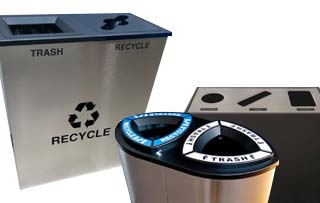









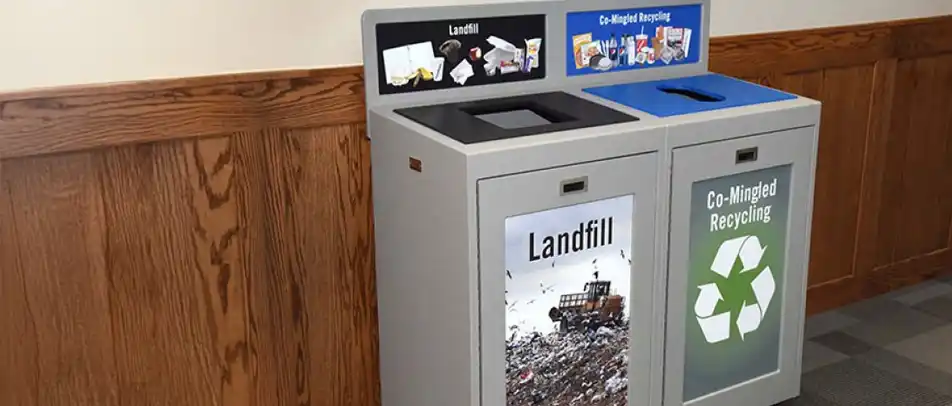










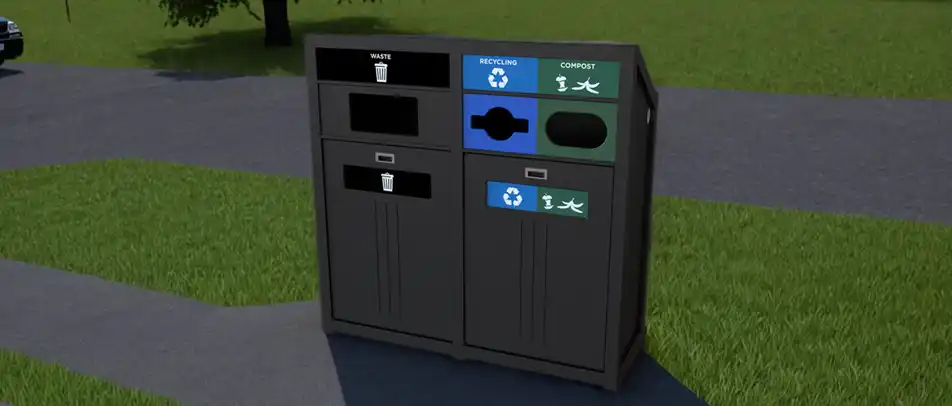












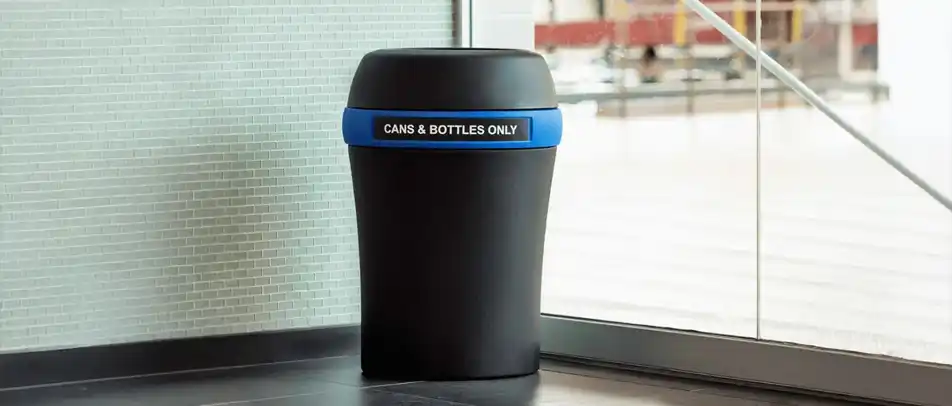









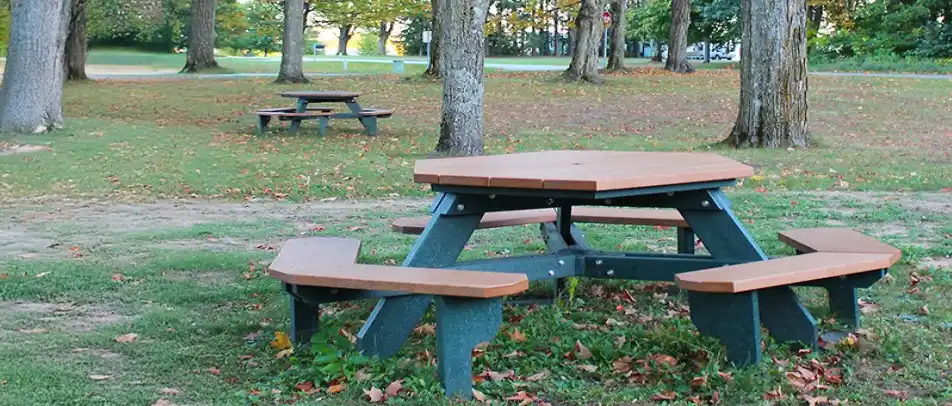
































 Three Ways to Engage Teams and Clients to Maximize Your Recycling Program Engagement
Three Ways to Engage Teams and Clients to Maximize Your Recycling Program Engagement  How to Integrate Accessibility Into Your Sustainability Planning
How to Integrate Accessibility Into Your Sustainability Planning  Why Park Benches Can Promote Workplace Well-Being
Why Park Benches Can Promote Workplace Well-Being 
